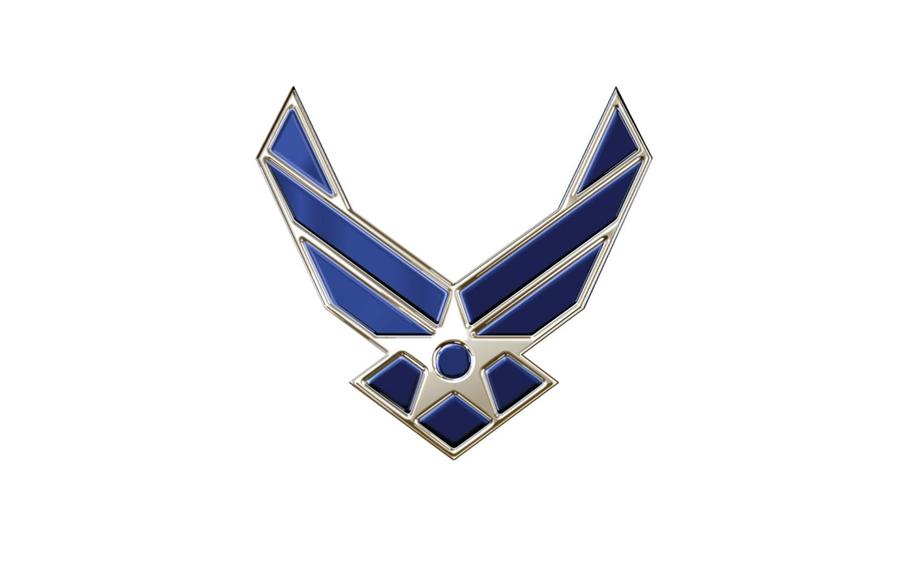
(U.S. Air Force )
WASHINGTON — The Air Force will convene an Enhanced Selective Early Retirement Board on June 16 to consider early retirement for eligible officers, according to the Air Force Personnel Center.
The ESERB is a new authority granted to the Air Force in the Fiscal Year 2013 National Defense Authorization Act to enable the service to meet force reduction and manpower goals.
The ESERB applies to:
Active duty colonels who meet the following criteria: are a line officer, biomedical sciences corps, or medical services corps personnel; who served at least two years of active duty in grade as of June 16; whose designated Competitive Category and Air Force Specialty Code meet eligibility requirements (All 11X, All 12X, 13B, 13C, 13M, 13N, 13S, 14N,15W, 17D, 21M, 21R, 31P, 32E, 38P, and 71S; all AFSCs of the biomedical sciences corps; and all AFSCs of the medical services corps); whose names aren’t on a promotion list; who haven’t been approved for voluntary retirement; who are not to be involuntary retired under any provision of law during FY14 or FY15; who were not previously considered in the 2010, 2012 or 2013 Selective Early Retirement Boards. Active duty lieutenant colonels who are retirement eligible biomedical sciences corps personnel who have been once non-selected for promotion to the next higher grade. Active duty majors who are retirement-eligible line of the Air Force, nurse corps, biomedical sciences corps, and medical services corps personnel. The ESERB will affect 956 colonels, 11 lieutenant colonels, and 1,019 majors, according to the Air Force. The ESERB only applies to the active duty force, not the Air National Guard or Air Force Reserve.
Eligible colonels who don’t want to meet the ESERB can apply for voluntary retirement until February 25. They can also use other force management programs to enable them to retire with an effective date no later than Jan. 1, 2015. However, eligible officers who use other programs to retire voluntarily could be required to repay the Air Force for benefits received, such as their transferred Post 9/11 GI Bill benefits. Officers selected for retirement by the ESERB won’t have to repay those benefits, according to the Air Force.
If their voluntary retirement request is approved by March 18, eligible colonels won’t have to meet the ESERB, according to an Air Force memo.
Lieutenant colonels and majors who apply for voluntary retirement after May 16 will remain ESERB eligible and will still have to meet the board. Eligible lieutenant colonels and majors whose retirement dates are approved before June 14 won’t meet the ESERB, according to an Air Force press release.
The ESERB will be held at Joint Base-Randolph in San Antonio.
harper.jon@stripes.com Twitter: @JHarperStripes